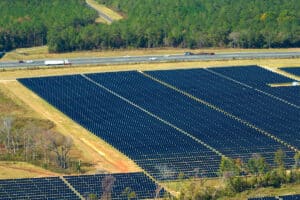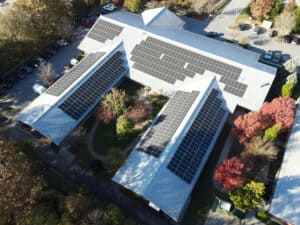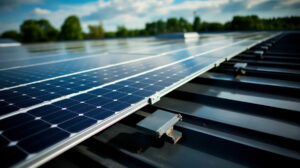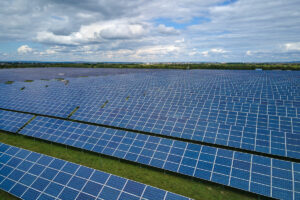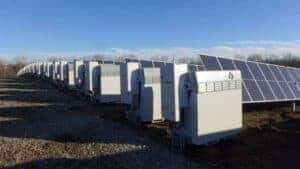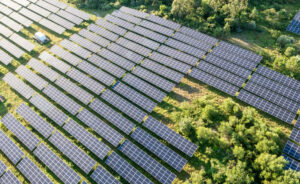Similar to solar rebate programs offered by different states or utilities to promote the use of solar energy, there are incentives to encourage commercial and industrial business owners to switch to LED lighting. The three types of LED lighting rebates are called prescriptive, custom and point of sale lighting rebates. Keep reading to learn more about each type.
Read 3 Industrial Lighting Trends You Should Know About
1. Prescriptive LED lighting rebates
Prescriptive LED lighting rebates are widely available in the U.S. and are generally offered by a utility company. It is easy to apply for and offers a detailed but straightforward application process. This type offsets the cost of a lighting project by offering cash rebates per unit of LED lighting installed. Replacing 101 to 175 high-intensity discharge lamp (HID) bulbs in a parking garage with LED lights, for example, can be eligible for a $100 rebate per fixture unit.
Business owners do not need to claim this rebate immediately, they are available to the end user. Some utility companies may also offer labor incentives to cover construction fees.
2. Custom LED lighting rebates
Custom LED lighting rebates are used when lighting projects do not meet the requirements for prescriptive rebate programs. With this type of rebate, different utility companies offer different amounts of incentives depending on the annual energy consumption reduced. For example, if you replace an old lighting system, your building may save 150 kWh per month. Your utility company can then offer $0.15 incentive per kWh which adds up to a $270 rebate at the end of the year. Custom lighting rebate programs are usually applied to complex lighting projects. Business owners can get larger incentives within this type of lighting rebate.
3. Point of Sale LED lighting rebates
Point of sale lighting rebates are often set around a specific product type. They usually appear on smaller items purchased from a retailer. For example, an LED lamp purchased at a grocery store is eligible for $5 rebate. If its original price is $15, the store may only charge you a net-of-rebate price of $10.
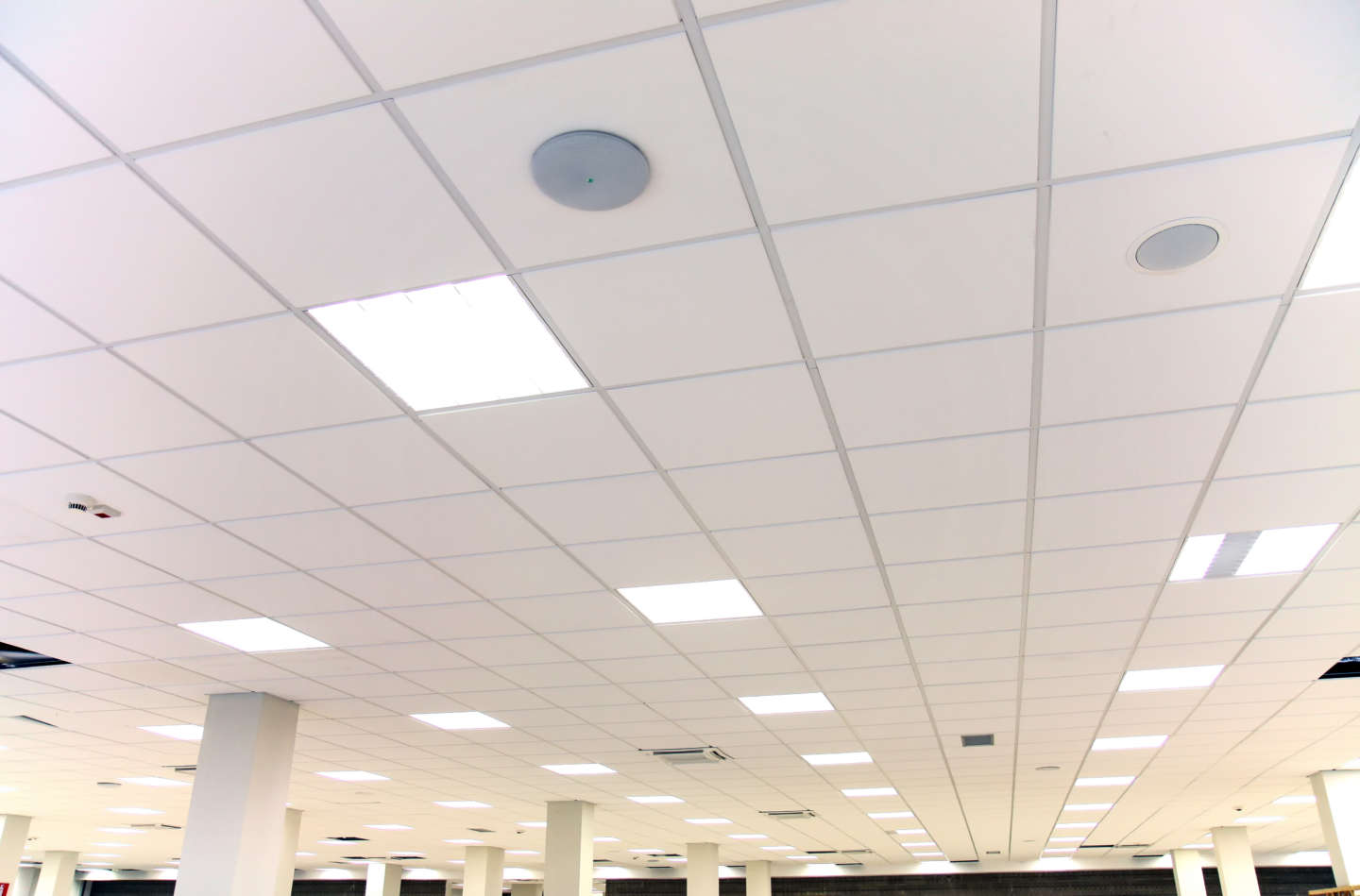
Benefits of LED lighting
In recent years federal, state and local government LED rebate values have varied greatly. LED rebate amounts were decreasing 10% to 20% each year between 2014 and 2018. However, from 2018 to 2019 rebate values for LED products increased by 9%, lowering costs for people transitioning to more energy efficient lighting.
Read LED or Fluorescent: Which Bulb is Better for Your Business?
LED light don’t just lower costs up front for those who use them. Their long life span allows them to consumer less energy, resulting in lower lighting costs in the long run. This also makes LED lighting environmentally friendly, and increases sustainability at the organization that implements them.
Leverage LED lighting rebates
There are several ways to leverage LED lighting rebates:
- Use Energy Star certified and DLC listed products to meet the criteria for rebate programs
- Research the available rebate programs in your area
- Understand the basic facts of your lighting project and the rebate program you apply for
If managing a new lighting project seems overwhelming, partner with EnergyLink. We are a certified national ESCO with extensive experience in the design, build and fund phases of renewable or energy efficiency projects and can select the right rebate to fulfill your organization’s lighting needs. If a rebate isn’t the right fit for your organization’s, EnergyLink can leverage other financing methods such as in-electric rate funding, energy service performance contracts (ESPCs) and other low-interest rate financing. To get started, click the button for a free quote for LED lighting.

